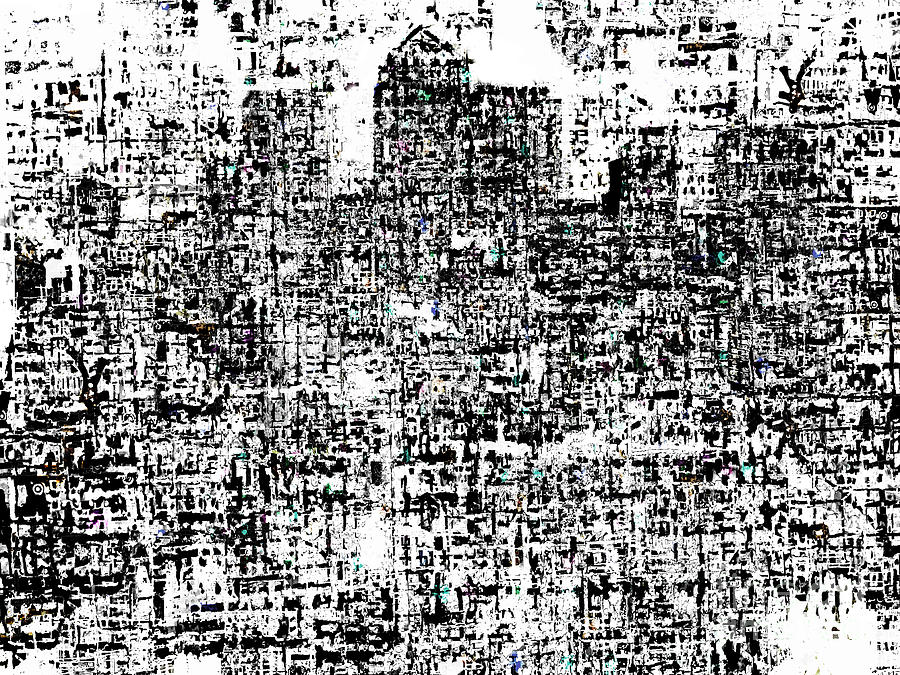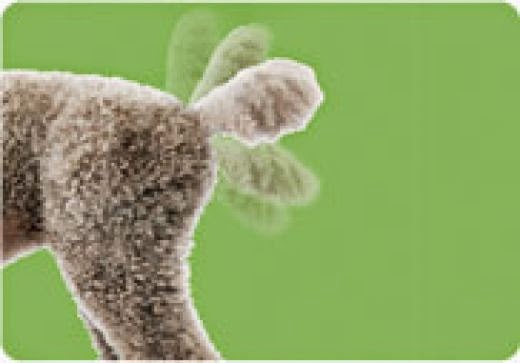The object in meditation and all of our contemplative disciplines is silence. But…
that silence is in order for you to perceive something other than yourself —
what you’ve arranged as yourself to actually perceive this frontier
between what you call your self and what you call other than your self,
whether that’s a person or a landscape.
One of the greatest arts of poetry is actually to create silence through attentive speech —
One of the greatest arts of poetry is actually to create silence through attentive speech —
speech that says something in such a way that it appears as a third frontier
between you and the world, and invites you into a deeper and more generous
sense of your own identity and the identity of the world…
Poetry is the verbal art-form by which we can actually create silence.
Silence is frightening, an intimation of the end, the graveyard of fixed identities.
Silence is frightening, an intimation of the end, the graveyard of fixed identities.
Real silence puts any present understanding to shame; orphans us from certainty;
leads us beyond the well-known and accepted reality and confronts us
with the unknown and previously unacceptable conversation
about to break in upon our lives.
In silence, essence speaks to us of essence itself
In silence, essence speaks to us of essence itself
and asks for a kind of unilateral disarmament,
our own essential nature slowly emerging
as the defended periphery atomizes and falls apart.
As the busy edge dissolves we begin to join the conversation
through the portal of a present unknowing, robust vulnerability,
revealing in the way we listen, a different ear, a more perceptive eye,
an imagination refusing to come too early to a conclusion,
and belonging to a different person
than the one who first entered the quiet.
~ David Whyte
from Consolations: The Solace, Nourishment and Underlying Meaning
of Everyday Words
photo by Aaron Burden
with thanks to BrainPickings






































